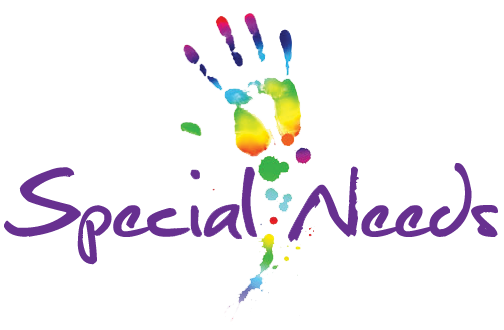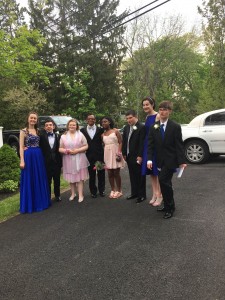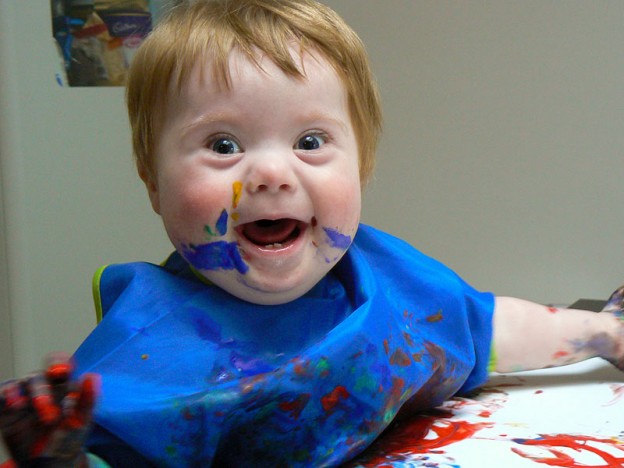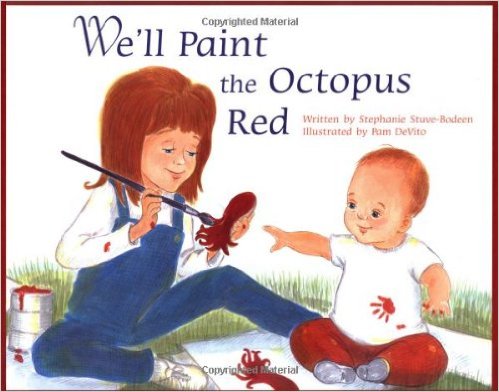Support Networks
Informant Information:
Cathy has a daughter who has Down Syndrome. She is fifteen years old, and has recently joined the “My Own Voice” choir. “My Own Voice” is a choir for children with special needs in Andover, Massachusetts.
Type of Lore: Not Applicable
Language: English
Country of Origin: United States of America
Social/Cultural Context: This story again is not folklore, but it is a touching story about the kinds of support that newly special needs family receive upon learning of a diagnosis from friends, family and providers.
Informant Comments:
When I found out [my daughter] had Down Syndrome I was 18 weeks pregnant.
I had an ultra sound that showed a heart defect. I had an amnio that day. A few days later we got the news that [she] had Trisomy 21.
I reached out to two friends I had that had siblings with Down Syndrome.
They were both very positive and loved their siblings very much.
They had both lost their sibling with DS from illness. One from a heart defect that could not be repaired at the time he was born. They can now repair that heart defect😊
That friend said to me ” I won’t judge you but I know you will love that baby”. She also told me about how her brother with DS cheered her up when she was a teenager crying or upset about silly teenage stuff.
The other friend told me also about fond childhood memories of her sister with DS.
When I told a man on the board I am on (Board of Assessors), he said ” I have a cousin with DS. She always played with us just like my other cousins”.
[My daughter] is 15 years old , but those are the supportive responses I remember the most😊
I could not forget to mention Dr Allen Crocker at Childrens Hospital Boston.
He was a strong advocate for Children with Down Syndrome.
He met with us prenatal and spoke ok the positive things we would experience . He said we would never have to worry about drinking or drug abuse issues 😊
Best Regards,
Cathy
Collector’s Comments:
We know that this is not folklore because this story involves individuals talking about other individuals in their families, but we do believe that it is significant how other people were so forthcoming with their stories of support and stories of their own siblings and experiences with the disorder. There is a theme in this of how people stressed the attributes of their family members that conveyed how those members of their family experienced many things as typical children do; all families face challenges with their children, those with special needs just have a different set of problems than most.
Tags/Keywords: Special Needs, Children, Down Syndrome, Story, Expectations, Health, Support





